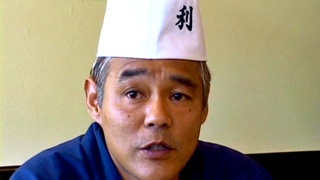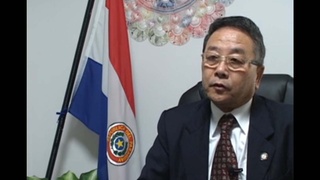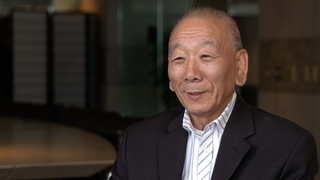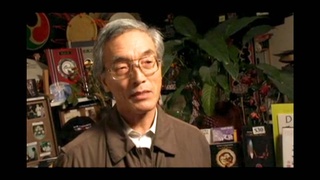Interviews
Her father as a typical Issei
He (My father) was typical of that (first) generation like Toyo Miyatake and those guys, they call them mods – M.O.D. – because they were the modern Japanese or who had some exposure to Western culture and they kind of liked it, you know. So they mimicked it but yet they hung on to that which is their basic, very strong Japanese values. But my father was also very…what is the word? He could accept other cultures and so forth.
Date: December 27, 2005
Location: California, US
Interviewer: John Esaki
Contributed by: Watase Media Arts Center, Japanese American National Museum














